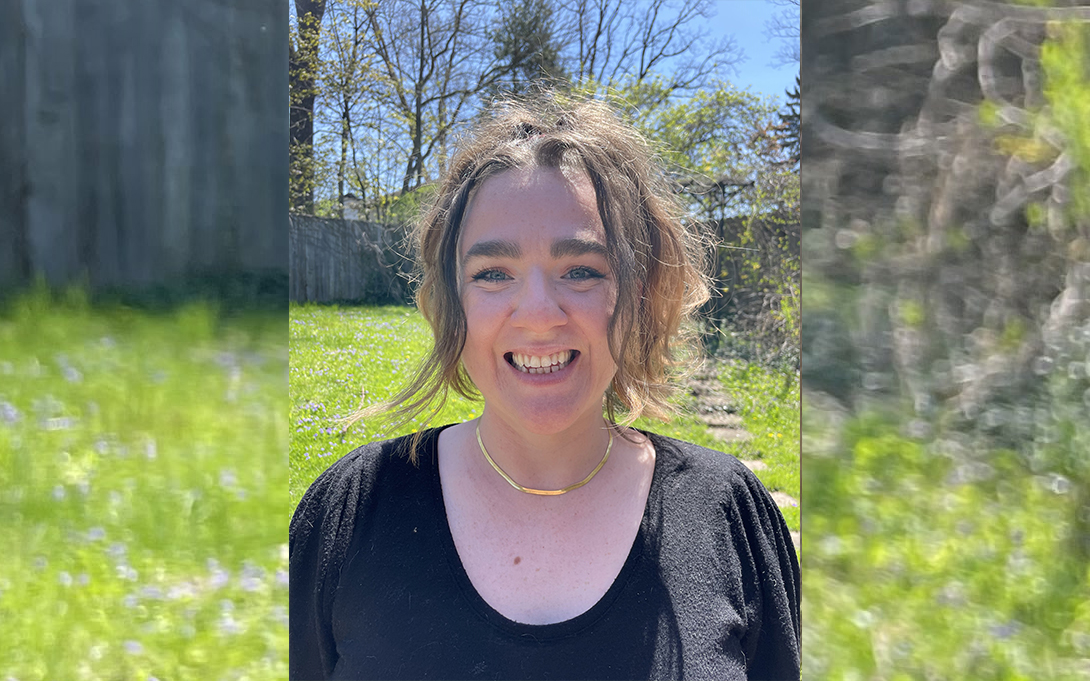
Carmen Altes, MPP and STPP student, did a summer internship with the U.S. Government Accountability Office's Science and Technology Assessment and Analytics team. Carmen received course credit towards the STPP certificate for this internship, and wrote the following essay about her experience.
When you interview for the Summer Analyst Intern position with the United States Government Accountability Office (GAO), you affirm that you are comfortable being placed on any of their 15 mission teams. Of course, I agreed, but kept my fingers crossed that my strong interest in science and technology policy would be noted by the assigning committee. Lucky for me, it was, and I was placed on an early-stage technology assessment being conducted by the Science, Technology Assessment and Analytics team. One of the great pleasures of working for GAO is being introduced to a new concept, and being tasked with becoming familiar (and eventually expert) in the discussion and analysis of that concept. In my 11 weeks on the Precision Agriculture Technology Assessment engagement, I participated in laying the foundations and frameworks for the remainder of the project.
Periodically, conversations with my colleagues elicited discussions that Professor Joy Rohde’s Introduction to Science and Technology in Public Policy (PubPol 650) course introduced with rigor and thoughtfulness. The social situatedness of technologies, and the ways in which surrounding infrastructures can either enable or eliminate the function of new tools informed many of our conversations. On the path to greater subject matter expertise, my team conducted interviews with professionals and scientists from across the federal government, crafted a research methodology that would best serve our selected and carefully crafted research questions, read extensively in academic journals and other rigorously evaluated published sources, identified industry experts for future comment, and authored summarizing reports for internal analyst reference. I was empowered not only to draft interview questions, but to lead several interviews with members of federal agencies who had subject area knowledge.
I wrapped up my internship by conducting independent research on rural broadband access and federal programs already aimed at augmenting internet access across the country. After gathering information from diverse (but always reputable) sources, I authored an internal report to ensure that my analyst team all had a similar foundational knowledge of broadband access in order to continue to build their intersectional understandings of precision agriculture-facilitating technologies.
As someone pivoting from a career in publishing, my internship at GAO was an excellent first exposure to impactful, thoughtful, and nonpartisan governmental work. It felt like the perfect opportunity to imagine what policy in practice can look like, and what due diligence at the federal level really means. I was empowered to ask questions without fear of judgment, think critically and methodically, adopt a new writing style, conduct self-motivated research, share resources with a very engaged team, and take initiative on a project that will ultimately be read by members of Congress. As someone focused on the science and technology policy space, interning on a federal technology assessment provided a unique perspective into the rigor, methodology, and careful and iterative consideration that is the norm at GAO.
